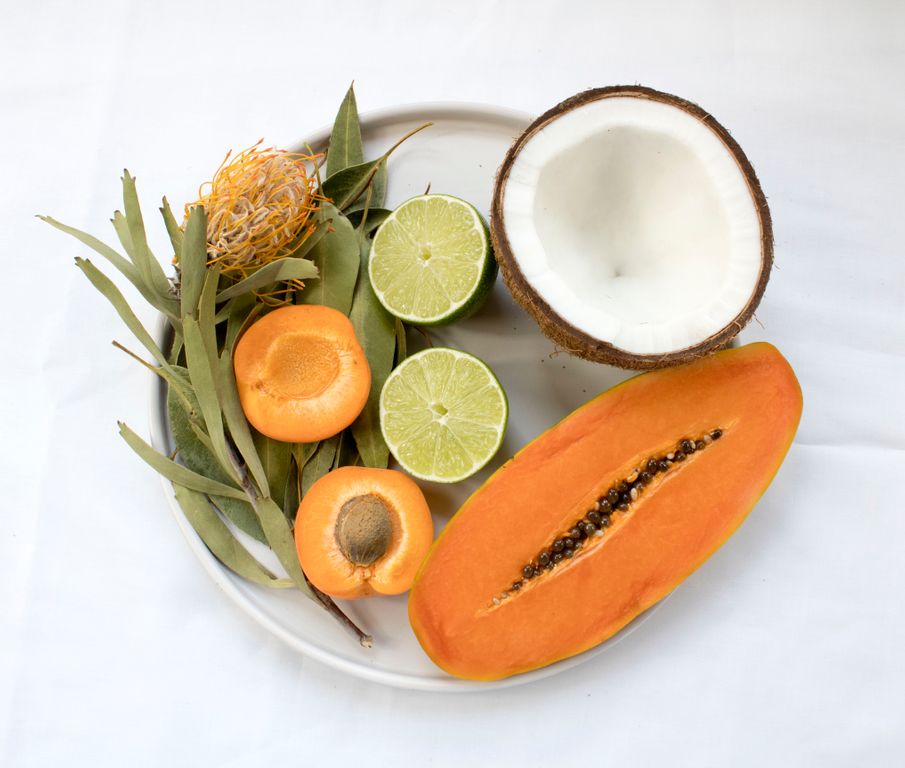For many of us, our health and wellbeing is at the forefront of our minds. We all want to be healthy - or as healthy as we can be - to live our lives to the fullest
At times of uncertainty - such as where we are right now in the world - having a routine or go-to options can help bring a sense of control and stability in an otherwise chaotic situation.
While there is no magic food or supplement to boost your immunity and prevent you from catching this virus, looking after your health through regular movement and balanced eating habits, can help to ensure our bodies are well-equipped to deal with and recover from any potential threat.
Whether you are well-versed in health and fitness, or you are wanting to start making more conscious, healthy choices, here are some ways we can support our body's natural defence systems.
What is our immune system?
Our immune system is made up of a variety of organs, cells, proteins and tissues that act as our body’s defence barrier. Think of it like your very own city wall, protecting you from outside invaders and toxins. So naturally, it has a very important job. Our body is pretty self-sufficient but sometimes it can benefit from a little helping hand or a nudge in the right direction.
There is so much information available, yet unfortunately, not all of it is true or necessarily right for you. To help you navigate this sea of conflicting advice and information, we put it to nutritional therapist, health and life coach Vanessa (Vee) O'Brien.
How can we keep our immune system strong, whilst in isolation?
1. Eating a blood sugar balancing diet is of utmost importance. Avoiding lots of the refined white stuff like white bread and pasta, and of course sugary snacks, fruit juices, fizzy drinks. High sugar and refined carbs not only impair immune function, but injections of sugar can cause our blood sugar levels to peak, only to come crashing down a few hours later. We can often see this crash in the afternoons around 3pm.
2. Eating foods high in antioxidants is a very healthy choice. Antioxidants slow cell damage caused by free radicals in the body, so it’s essential to eat foods containing the following vitamins and minerals. Vitamin A, good sources of which include carrots, leafy greens and sweet potatoes. Foods rich in Vitamin E such as avocado, nuts and seeds, as well as foods containing Zinc such as spinach, pumpkin seeds and nuts. Finally, ensure a regular intake of Brazil nuts and fish containing Selenium.
“Try and think of the colours of the rainbow when choosing fresh produce. Each colour offers a variety of different phytonutrients, all with their own health benefits."
3. Vitamin C is the master antioxidant, key for the immune system. This can be found in many different citrus fruits (but avoid juices as they spike blood sugar), berries, red peppers, green leafy veg and broccoli.
Try and think of the colours of the rainbow when choosing fresh produce. Each colour offers a variety of different phytonutrients, all with their own health benefits.
If you need a little reminder, you can download Vee’s Natural Ways to Boost Your Immune System.
4. Moving your body is key in supporting a healthy immune system. Although this comes with challenges whilst in isolation, having some dedicated time and space or route to engage in exercise is essential for not only your physical health, but your mental health too.
There are many ways to exercise as we adapt to isolation; from free videos on YouTube, to paying for online classes - many instructors are offering their live classes online now - or going for a run in a quieter location. Not only does fresh air give you a boost of energy, being outside gets you out in the sunshine for that all important immune booster, Vitamin D.
What snacks are essential for immunity (as well as productivity)?
Again this goes back to blood sugar and adequate nutrients. I always like to get a vegetable into my snacks as it increases your daily intake and helps to keep blood sugar stable. I recommend:
- carrots or celery sticks with (sugar free) peanut butter, hummus or mashed avocado
- a boiled egg for a dose of protein and potassium
- a handful of nuts or seeds such a walnuts or flaxseeds
- fruits such as apples or pears. Try to limit high sugar fruits such as grapes or mango
- berries and yoghurt such as blueberries or raspberries
How can a nutrition professional help me?
You may speak to a nutrition professional for a variety of reasons, and their support can cover a breadth of topics:
- Help you navigate the confusion of what and what not to eat, and often will provide menu plans and recipes to follow.
- Take a look at your overall health and carry out a 'Health MOT,’ giving you personalised recommendations.
- Help with getting to the bottom of many underlying health issues, such as gut health, which directly impacts on our immune system.
As well as working one-to-one online, some will also offer group online programmes, where you get support within a group of people, which can be more affordable and create a sense of community, which is going to be so important for many during this time.
Vee is a member of Nutritionist Resource. To find more information about the nutritional support she offers, and contact details, visit her online therapist profile.


Comments